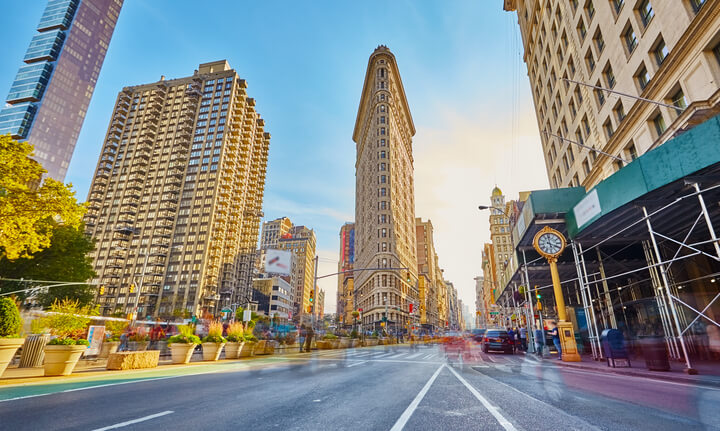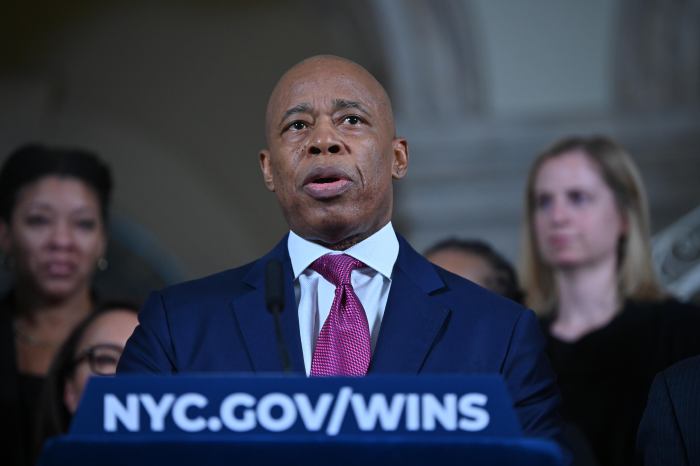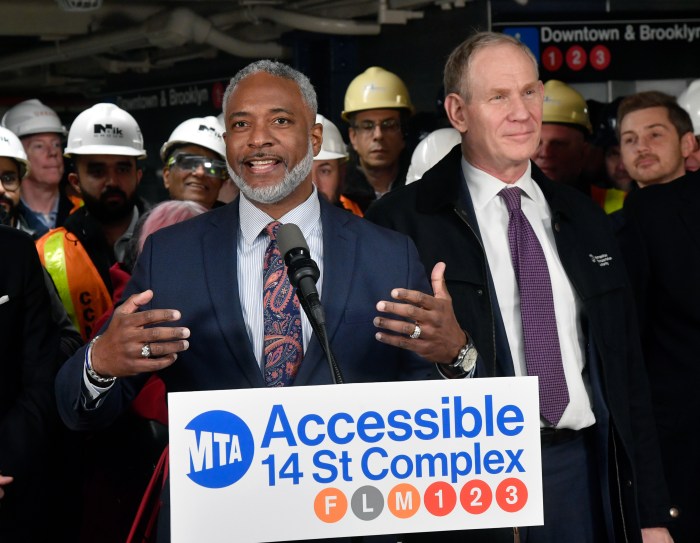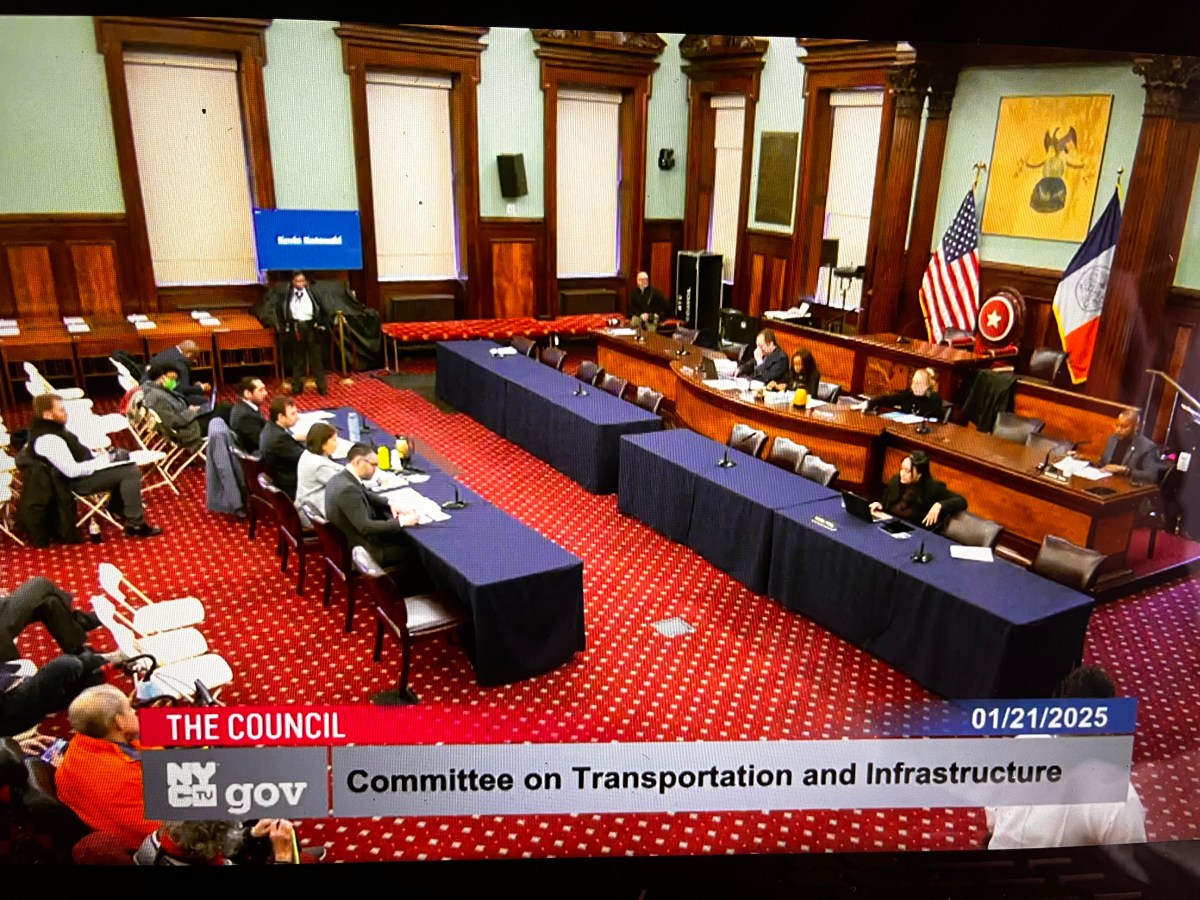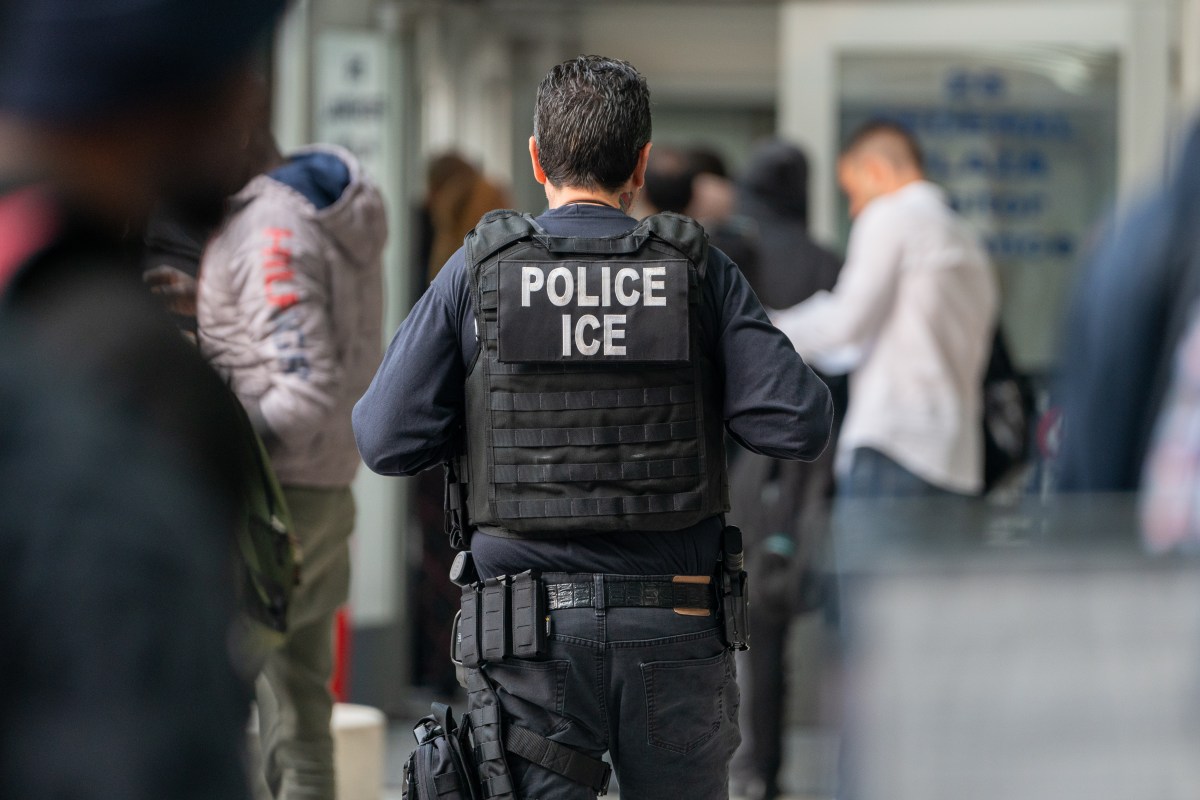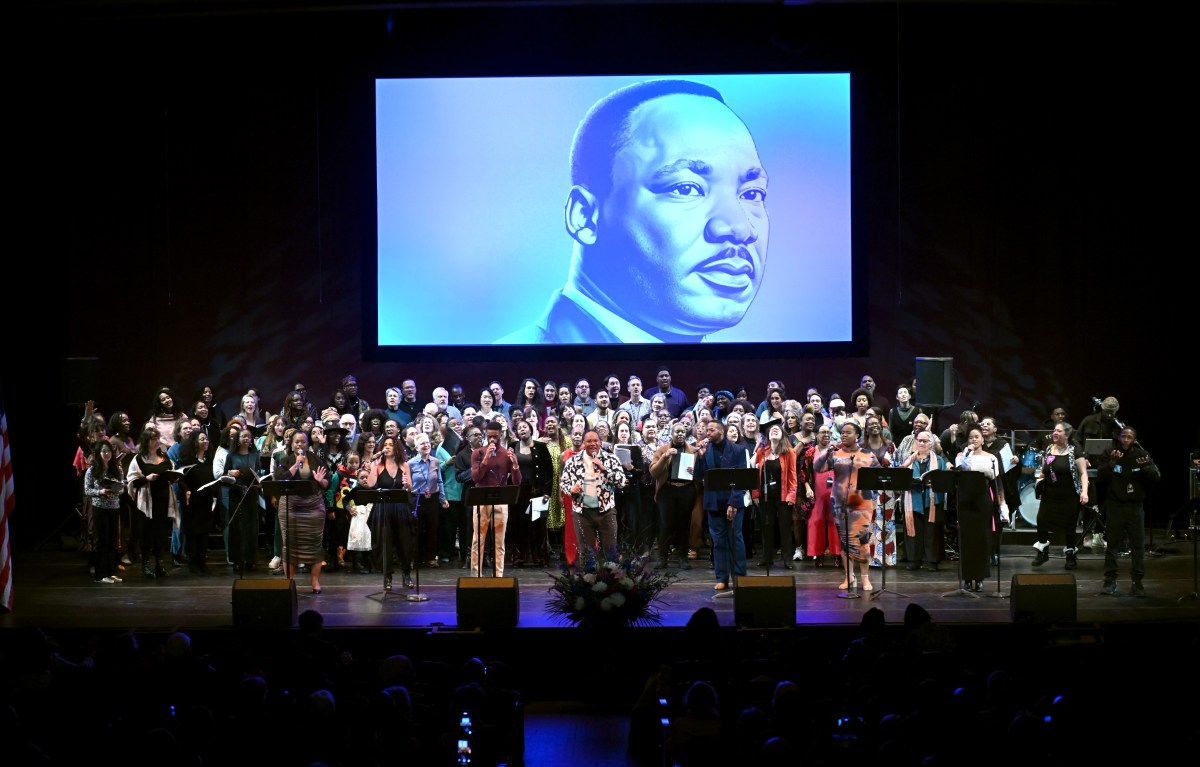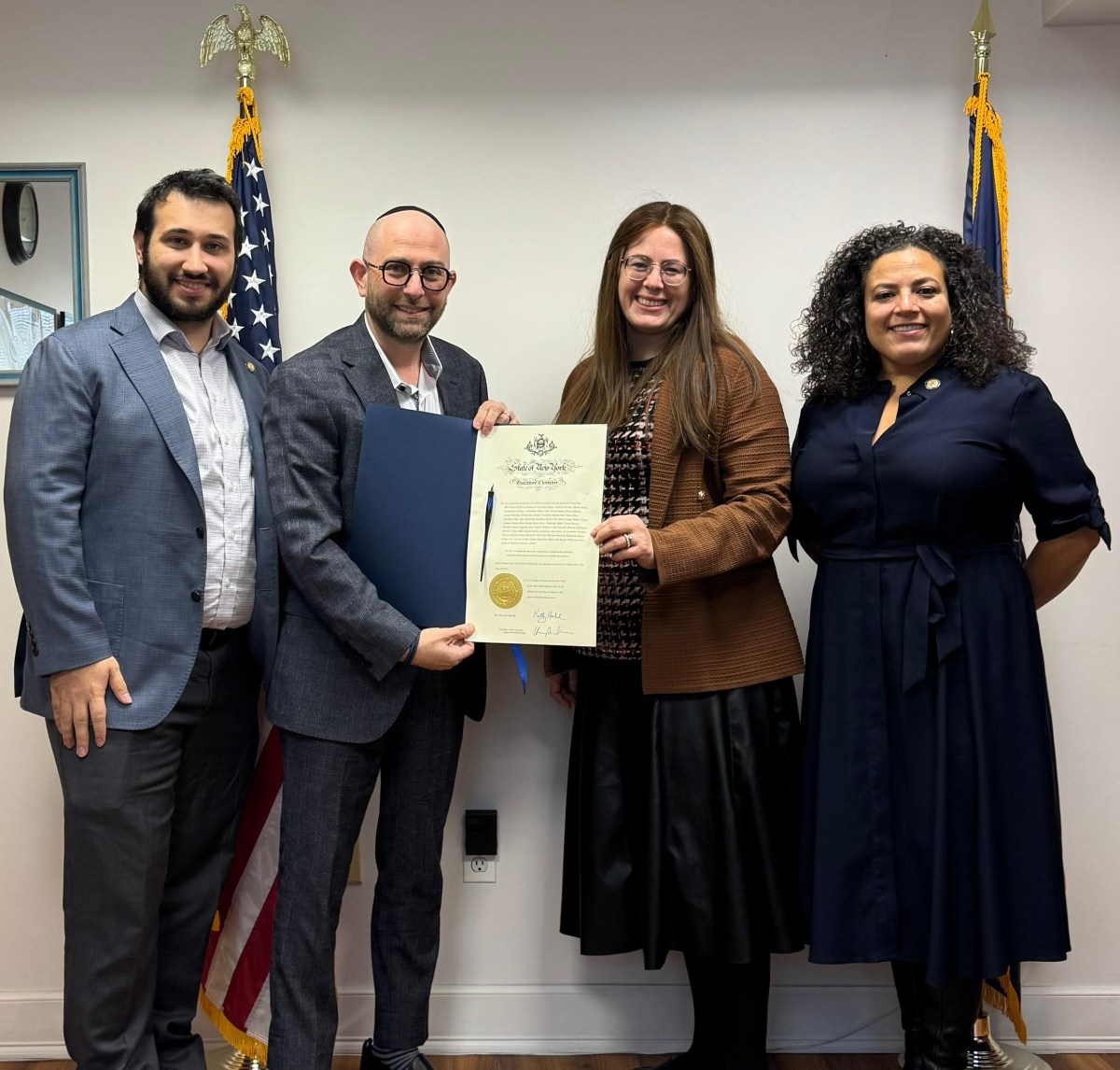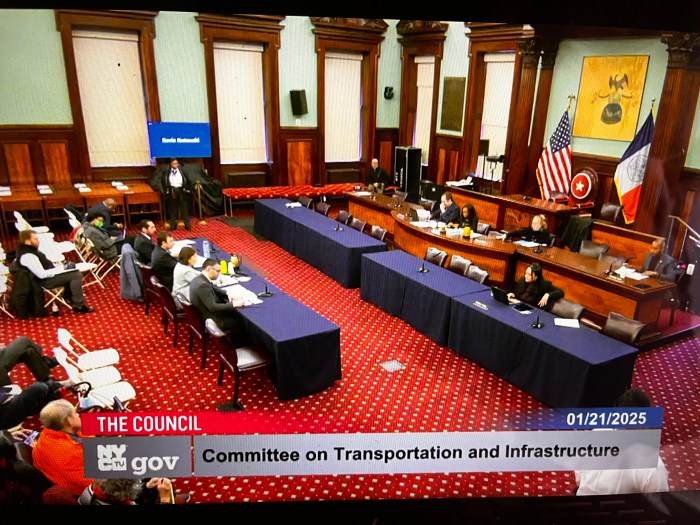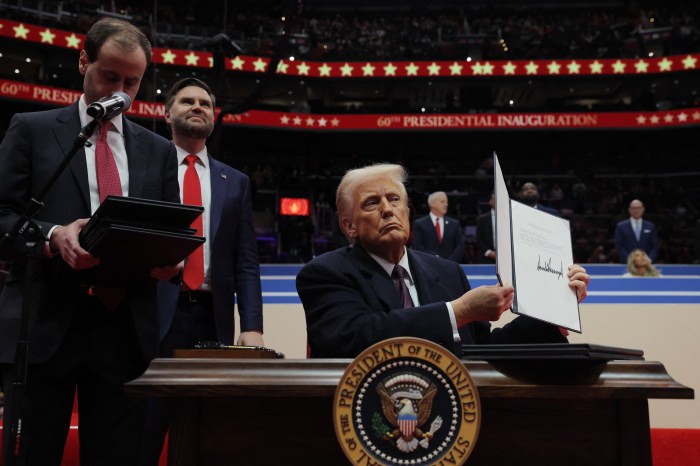In today’s polarized world, cities have become more than just places to live—they are frontline leaders defending shared values and forging solutions to global challenges. As our communities face urgent issues like climate change, economic inequality, and gender rights, cities like New York are proving that local governance is a powerful force for resilience, unity, and progress. When national politics divide, cities unite, showing a way forward for an inclusive and connected future.
The importance of cities is growing rapidly. According to the United Nations, by 2050, 68% of the global population will live in urban areas. This shift underscores both opportunity and responsibility. Cities are where people come together, where new solutions can take root, and where we can confront issues that shape our world. They are also where the strains of polarization, both social and political, are most acute. The Pew Research Center found that in the United States, political divides have reached historic highs, with more than half of Americans viewing those from opposing parties as a threat to the nation. Worldwide, divisive politics threaten democratic values and social cohesion as highlighted in the World Economic Forum Global Risks Report 2023.
Having come to the United States as an immigrant, I know firsthand how transformative cities can be. New York City embodies this spirit—a place that embraces diversity, resilience, and the promise of opportunity. Today, as Deputy Commissioner and Chief of Staff in the NYC Mayor’s Office for International Affairs, I am honored to represent these values and show how cities like ours are leading the way. Our office acts as a bridge between New York City and the world, sharing our city’s model for inclusive governance and collaborating with international partners to bring solutions to scale.
New York City is setting ambitious standards for progressive, inclusive governance. We pioneered the Voluntary Local Review (VLR) of the Sustainable Development Goals, becoming the first city in the world to report on our progress toward global goals like poverty reduction, gender equity, and sustainable communities. Today, the VLR movement has expanded to over 330 cities worldwide. This commitment to transparency, accountability, and shared progress proves local action can drive global change.
Platforms like the World Urban Forum (WUF), a premier global conference on urbanization convened by the UN-Habitat, where I recently spoke on behalf of New York City, are vital spaces for cities to exchange ideas and build partnerships. In November, I will be privileged to be NYC’s Sherpa to the Urban 20 (U20) Summit in Rio de Janeiro, where global city leaders will meet ahead of the G20 to advocate for our shared urban priorities. Through the U20, cities are shaping the international agenda, demonstrating the powerful impact of city diplomacy.
In New York City, our Women Forward NYC initiative, announced in January by Mayor Eric Adams and resulting in more than $43 million investment, is a testament to this commitment to equity. This program aims to make NYC the most women-forward city in the United States, advancing women’s professional development, expanding access to reproductive healthcare, and addressing gender-based violence. Initiatives like this are especially relevant as women’s rights remain at the center of national debates. By promoting gender equity locally, we’re setting a standard for other cities to follow globally.
Our commitment to local leadership is driven by our dedication to building a more equitable future. The City of Yes housing plan addresses NYC’s housing gap and aims to expand affordable housing options that create vibrant and livable neighborhoods for all residents. The Open Data initiative promotes transparency and empowers residents to engage with government, building public trust and civic participation. These plans and programs offer models for cities worldwide to prioritize inclusivity, transparency, and accountability.
As a Black woman representing our city on the global stage, I know the power of this message. It shows that in New York City, diversity is our strength, inclusion is our policy, and opportunity is our promise. We embrace differences and build unity, even as divisive forces seek to undermine progress.
The future of cities is the future of our world. As global challenges grow more complex, cities offer a vision of collaborative, innovative, and resilient leadership. Cities are proving that local action can drive global progress through initiatives like the VLR, forums like WUF, and collaborations like the U20. I am hopeful that as New York City continues to lead, cities worldwide will join us, showing that solutions to our greatest challenges begin at the local level.
In an era of increasing division, cities demonstrate that local action can transform the world. Together, we will continue to build cities—and a world—where everyone has the opportunity to thrive.



